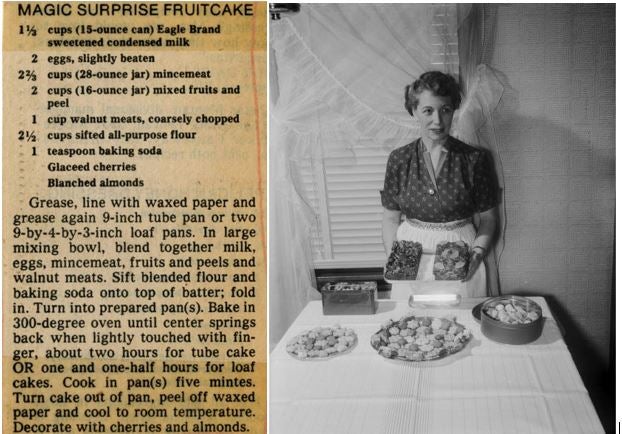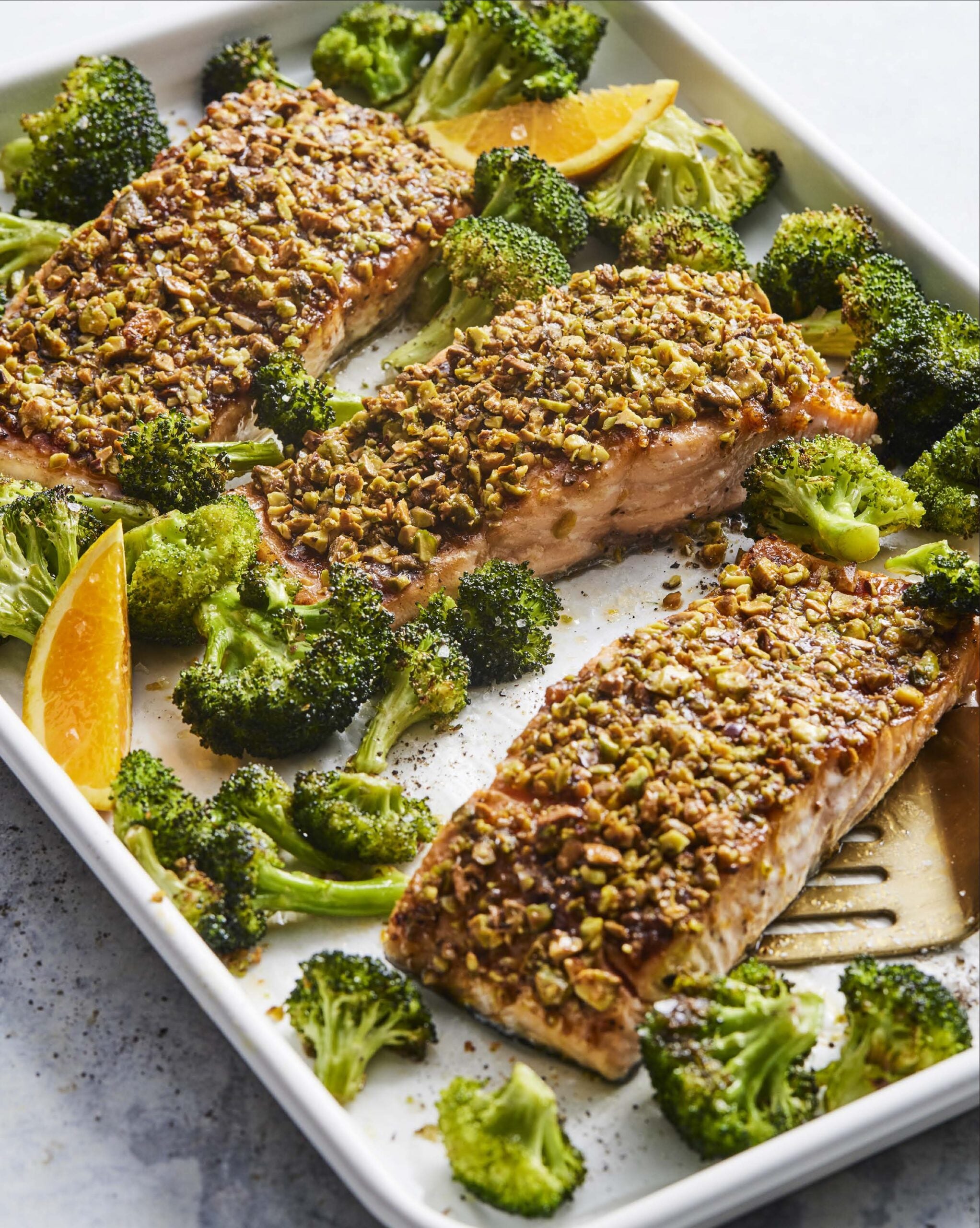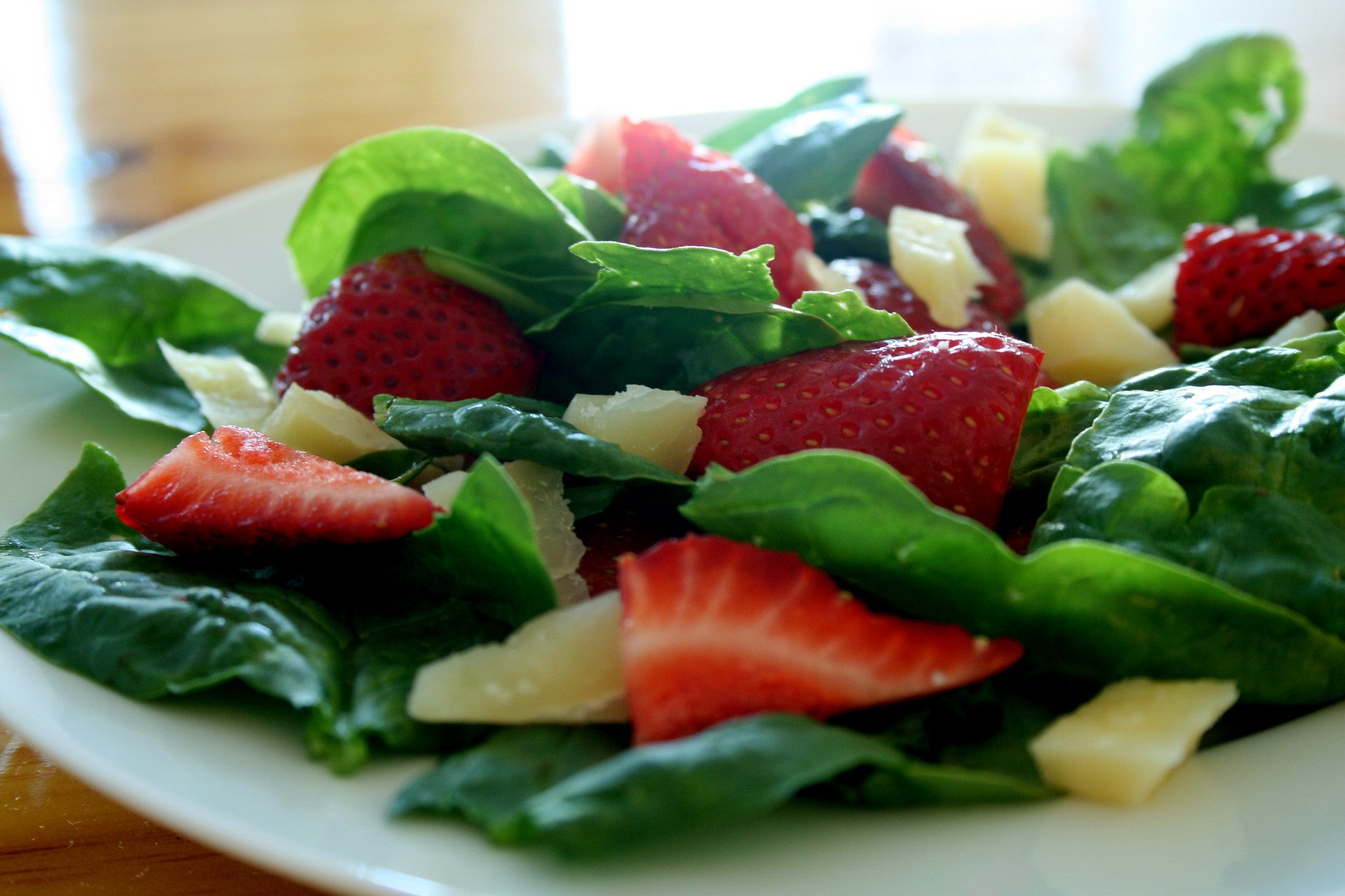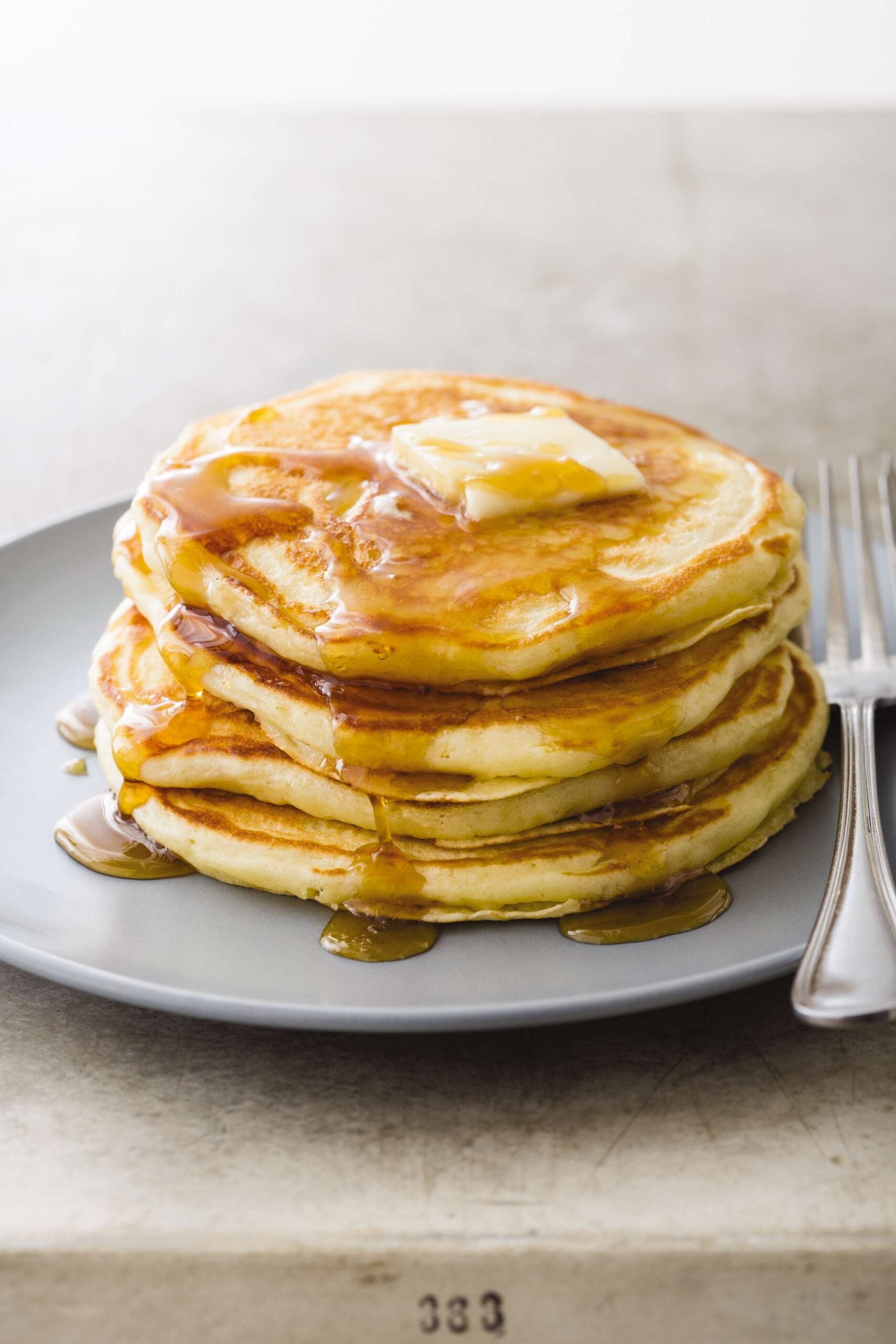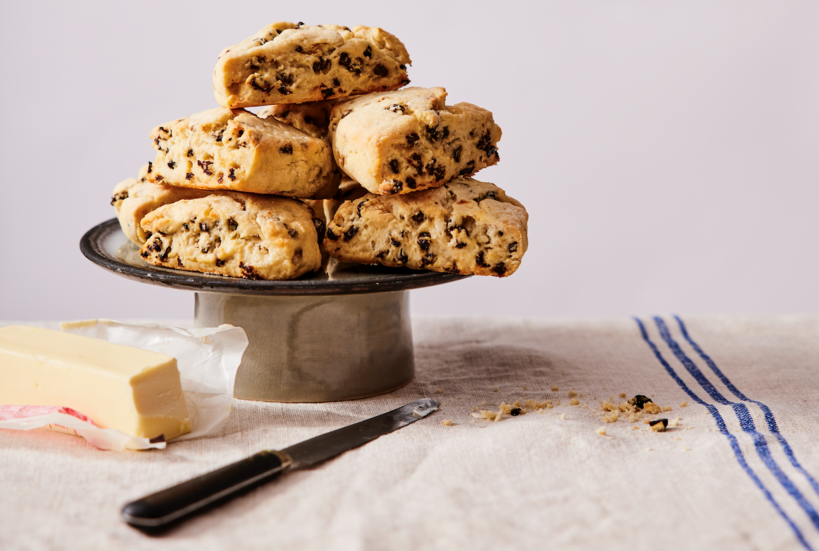Last week, we celebrated National Fruitcake Day – you did, right? This week, we celebrate National Fruitcake Toss Day on Tuesday, Jan. 3.
There are few gifts more vilified, more dreaded or ridiculed than fruitcake, which is too often mass produced with cheap Technicolor ingredients.
It’s a shame because fruitcake, at its best, is a delicious mix of dried fruits and nuts, bound together by sugar, flour, eggs and spices. Most of us only know the cake at its worst: rock hard, laced with Day-Glo candied fruit and bitter citron. Liberally bathed in alcohol, a fruitcake can last more than a decade, a fact that only adds to its supernatural horror.
Stay informed on the latest news
Sign up for WPR’s email newsletter.
The idea of making cakes with dried fruits and honey dates back to ancient times. Fruitcakes were a means of food preservation. Not only could fruits be conserved, but they could be served out of season, when fresh fruit was unavailable. Egyptians considered fruitcake an essential food for the afterlife (and some of the cakes could outlast you), while the conquering force of the Roman legions was fruitcake powered.
The fruitcakes we know and sometimes love came from the Middle Ages, when sweet ingredients such as honey and spices became more widely available. The arrival of cheap sugar in Europe in the 16th century resulted in a flourishing of sweet, fruitcake-like breads, including Italian panettone, dreikonigsbrot, king cake, babka, stollen and black cake – common in Jamaica and Trinidad.
So what makes something a fruitcake? The fruit-to-cake ratio is pivotal. Anything less than 50 percent fruit is not really a fruitcake. The fruitcakes from Swiss Colony in Monroe contain more than 70 percent fruit and nuts.
And despite what you commonly see in grocery stores and gift baskets, candied fruits in colors that suggest some kind of nuclear disaster are not obligatory.
A good drenching of alcohol allows for long-term storage while also mellowing the sweetness of the ingredients. Fruitcakes actually do taste better with age because the dried fruit contains tannins, like wine, released over time to create complex flavors and aromas.
There are many, many types of fruitcakes. The Milwaukee Public Library historic recipe file has recipes for fruitcakes made with almonds, raspberries, peanuts, pineapple, applesauce, tomato soup and even no-bake and fruitcakes fit for weddings.
If you still feel like tossing your’s, Ripon is the place to go. The town hosts a fruit cake toss as part of its holiday festivities. Nationally, Manitou Springs, Colorado, is renowned for its elaborate fruitcake toss.
Wisconsin Public Radio, © Copyright 2024, Board of Regents of the University of Wisconsin System and Wisconsin Educational Communications Board.
